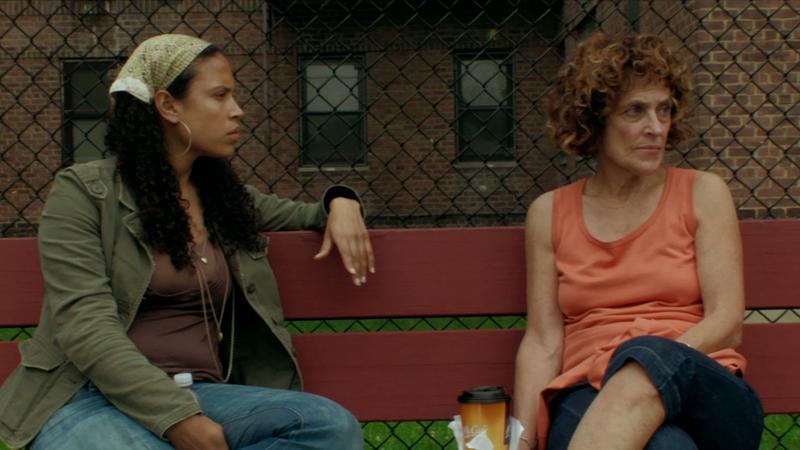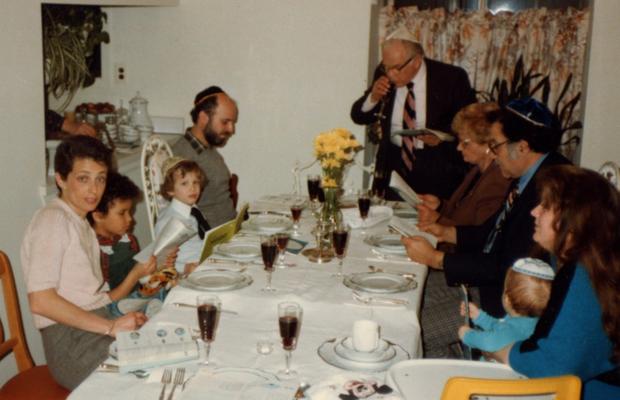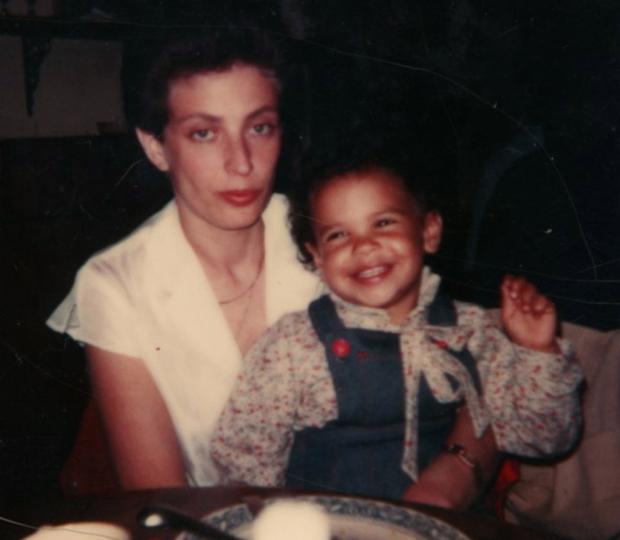
Lacey Schwartz’s parents grew up in the same Jewish neighborhood in Brooklyn. They met at summer camp, married and moved to Woodstock to raise their daughter.
Growing up, people would comment upon her light-brown complexion, or ask to touch her black, spiraled curls. At Schwartz’s bat mitzvah, a synagogue member mistook her for an Ethiopian Jew.
Her parents told Schwartz she took after a dark-complexioned Sicilian great-grandfather. But after they divorced, that narrative began to splinter. That revelation is the subject of Schwartz's documentary "Little White Lie," which opened in New York City on Friday.
Schwartz started to question her identity while applying to college, and decided to leave the race question blank. “I wasn’t at that point prepared to check ‘white,’” she said. “But I didn’t know what else to check.”
Based on her photograph, Georgetown admitted Schwartz as a black student, and she found a home in the Black Student Alliance.
While home during a school break, Schwartz confronted her mother. She admitted to having an affair with a black man whom she’d met while working for the Parks Department in 1968 — the same year Schwartz’s parents were married.
Schwartz was scared to breach the subject with the man who raised her, who was still reeling from the betrayal. In an arresting scene at the end of the film, they finally talk about their shared, painful past in Robert Schwartz’s CPA office. It didn’t have the transformative effect she’d hoped for, Schwartz said, but they are stronger for it.
“It wasn’t always easy,” she said. “He wouldn’t have done a film or done it this way, but he nonetheless participated in it, and I’m very, very thankful of that.”
Schwartz said she hoped the film will start more conversations about family secrets, denial, dual identities and race.
“These conversations aren’t just about talking about race when something horrific happens, when there are blatant examples of racism,” she said. “We have to talk about the fact that, yes, race is a social construct, but it is one that exists in many of our lives, and it needs to be named."


